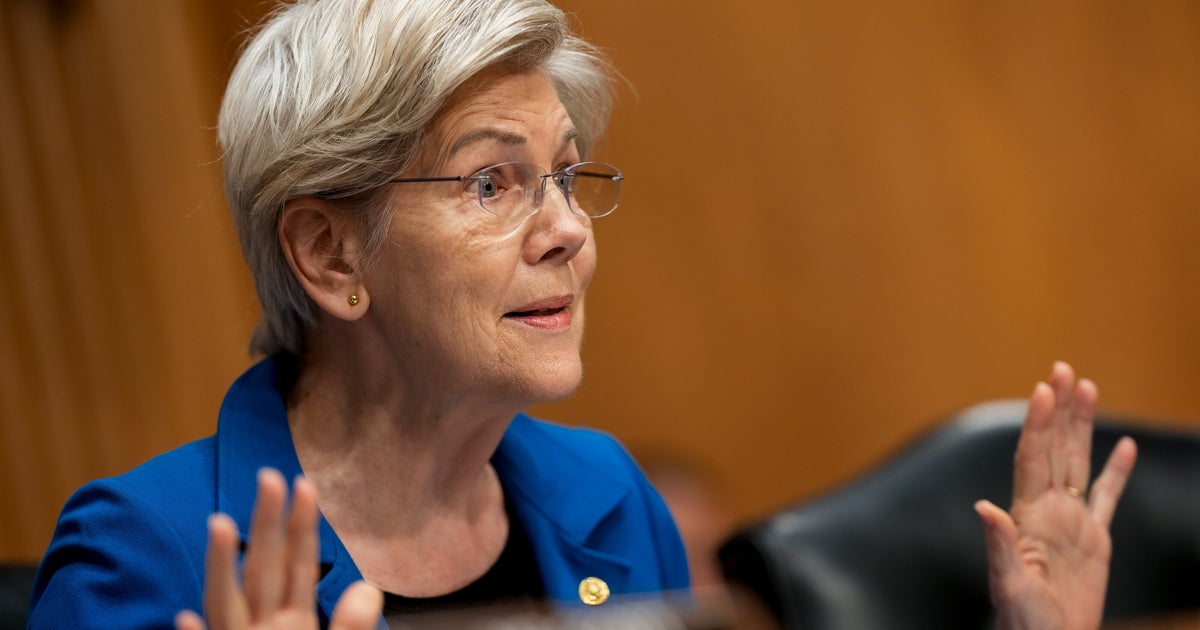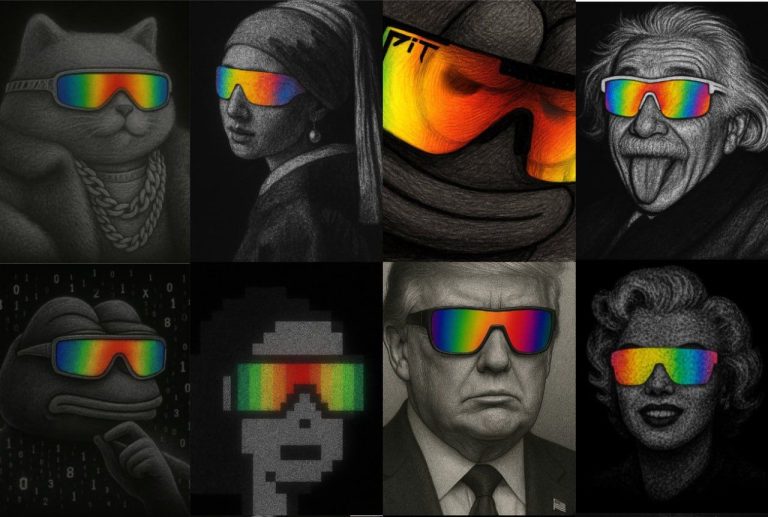WASHINGTON — Legislation desperately sought by the crypto industry appeared to be on track for passage this month with the backing of a key bloc of Democrats — but President Donald Trump’s use of cryptocurrency to enrich his family may have derailed the proposal at the last minute.
Nine Democrats, some of whom received millions of dollars in crypto industry backing when they ran in the 2024 elections, were set to back legislation regulating the digital assets known as stablecoins. But over the weekend, in a move surprising both the industry and the GOP, they announced they could no longer support the bill unless there were stronger protections against money laundering and financial instability.
Their about-face, however, may have less to do with the details of the legislation than the fact Trump has been using crypto to personally profit off the presidency, including by inviting people who invest in his meme coin to a private dinner at his golf club in Virginia, a move that experts have called nakedly corrupt and may have already netted the Trump family millions.
The bill’s critics say passing it is tantamount to blessing Trump’s scheme.
“This is a policy that would legitimize corruption,” Sen. Elizabeth Warren told HuffPost on Tuesday. “That’s bad. Really bad.”
Sen. Ruben Gallego (D-Ariz.), the Democrat who led his colleagues in a statement criticizing the latest draft of the Guiding and Establishing National Innovation for U.S. Stablecoins Act, has insisted the group’s newfound opposition to the “GENIUS” Act had nothing to do with the president.
But there’s no doubt the Senate had been on the verge of passing a bill to establish a new regulatory framework for stablecoins as Trump’s crypto firm, World Liberty Financial, launches a stablecoin of its own.
“Telling the American people that members of Congress are OK with this kind of open corruption not only undercuts the presidency, it undercuts the institution of Congress,” Warren said. “We have a responsibility to stand up. Our oaths were not to Donald Trump. They were the Constitution of the United States.”
White House spokesperson Anna Kelly said the stablecoin bill should pass with bipartisan support and denied there’s a conflict of interest for the president.
“President Trump is dedicated to making America the crypto capital of the world and revolutionizing our digital financial technology,” Kelly said. “His assets are in a trust managed by his children, and there are no conflicts of interest.”
Sen. Cynthia Lummis (R-Wyo.), one of the biggest crypto boosters in Congress, said it appeared Democrats were balking at least partly because of Trump.
“They need to come to terms with whether they will support a very positive, pro-economy piece of legislation that their constituents support, or whether they hate Trump so much that they’ll deep-six good legislation just because of it,” Lummis said.
The GENIUS Act would set up new regulations for stablecoins, a type of digital asset with a fixed value, making it more useful than Bitcoin or other volatile crypto tokens as a store of value and means of exchange. Stablecoin issuers would be required to hold reserves backing their tokens and be subjected to certain rules that apply to other financial institutions.
The crypto industry wants Congress to pass both the stablecoin bill and another bill regulating much of the rest of the crypto world, in part by curtailing the enforcement powers of the Securities and Exchange Commission. Warren and other critics worry crypto’s entrenchment could lead to more industry bailouts.
Gallego said the latest version of the GENIUS Act lacked provisions Democrats had expected Republicans to add after the bill passed out of the Senate Banking Committee earlier this year. He and his colleagues said in their statement that “the bill as it currently stands still has numerous issues that must be addressed, including adding stronger provisions on anti-money laundering, foreign issuers, national security, preserving the safety and soundness of our financial system, and accountability for those who don’t meet the act’s requirements.”
It isn’t just Democrats raising concerns about the bill, however. Sen. Josh Hawley (R-Mo.), a critic of Big Tech firms, said he worried about the industry owning stablecoins. And Sen. Rand Paul (R-Ky.) is reportedly undecided.
The bill will need 60 votes to advance as early as this week if Republicans go forward with a vote to open debate on the matter. Senate Minority Leader Chuck Schumer (D-N.Y.) was tight-lipped about the legislation’s prospects on Tuesday, but he, too, is raising alarms about Trump’s crypto-self dealing, introducing legislation to prohibit elected officials and their families from financially benefiting from crypto meme coins.
On Tuesday morning, Rep. Tom Emmer (R-Minn.), another top crypto booster, implored his colleagues not to let crypto become an overtly partisan issue.
“By originating the regulatory framework for crypto here in Congress, the future of digital assets will be determined by the American people and their representatives, as it should be,” Emmer said at a press conference. “The moment to get this done is now, and we need to get it done together. If we fail to provide clarity that protects innovators and consumers alike, the future of crypto and the opportunities it brings will belong to another nation.”
Failure to move the bill forward in the Senate could also risk angering the powerful crypto lobby, which plowed over a hundred million dollars into congressional races last year, including in support of several Democratic senators like Gallego and Elissa Slotkin of Michigan.
“The crypto lobbyists have tons of money, but I think that my colleagues will see through the kind of smoke and mirrors they’re trying to pull,” Sen. Richard Blumenthal (D-Conn.) said Tuesday.










